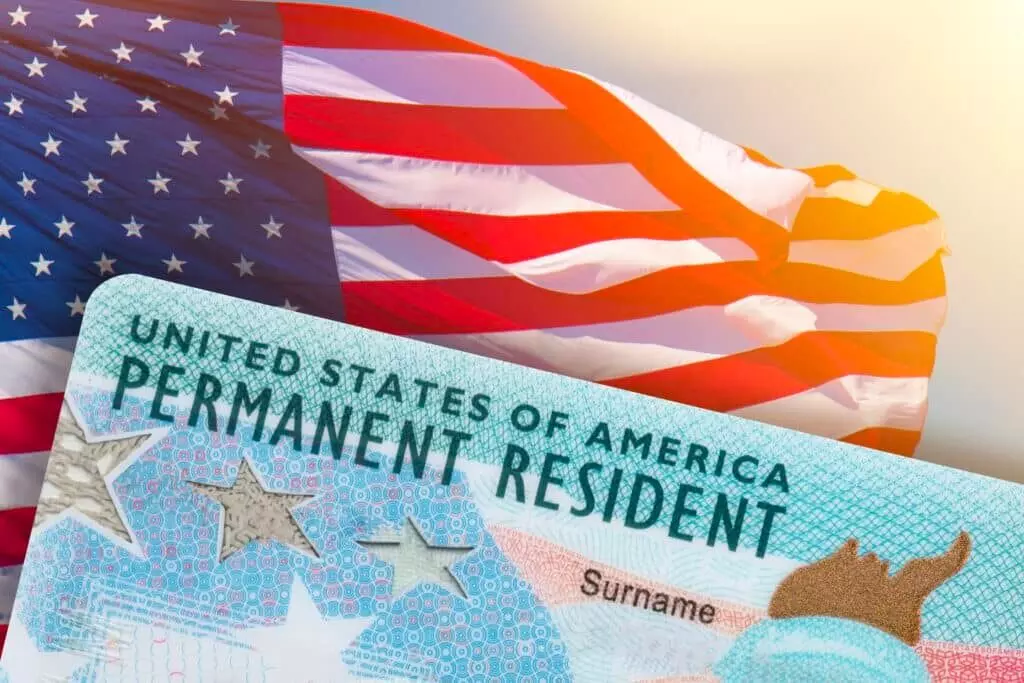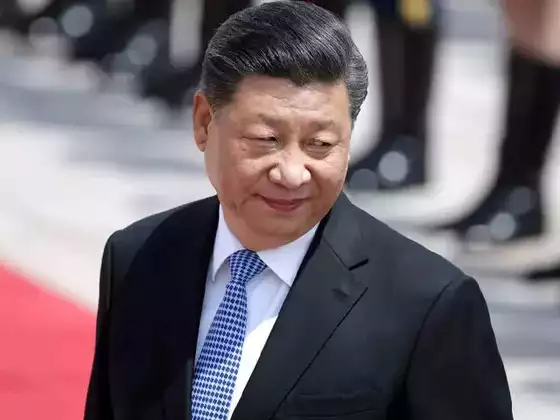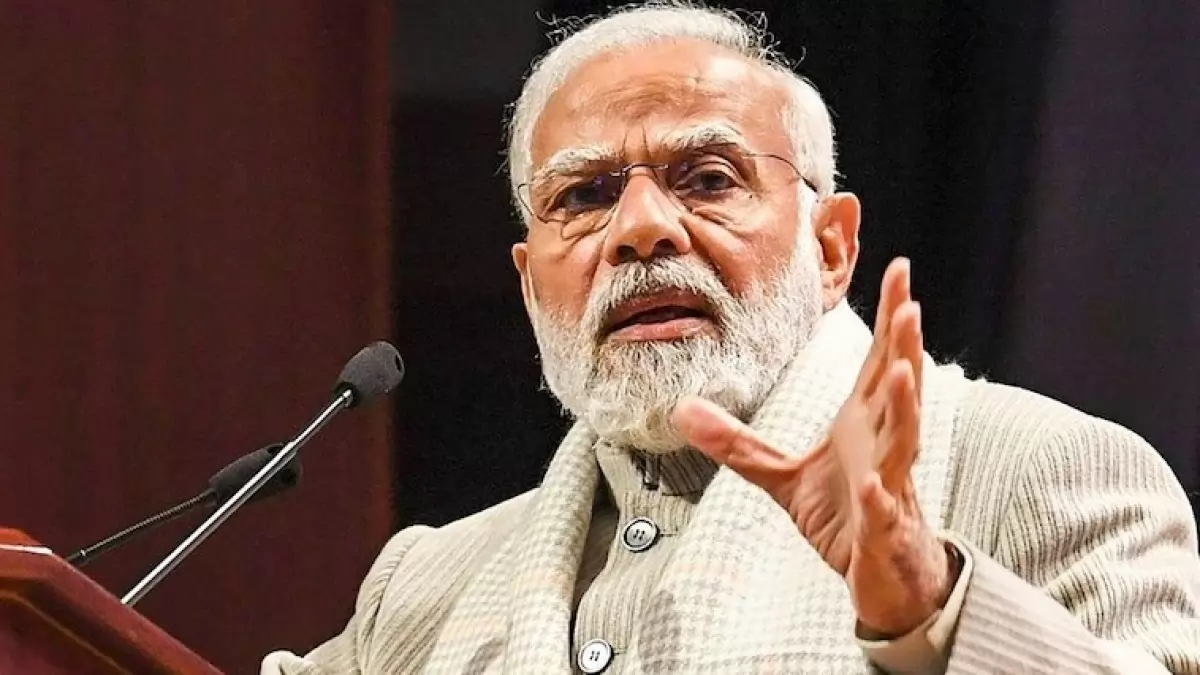There is recapture of more than 2,30,000 unused employment-based green cards from 1992 to 2022 and processing a portion of these every fiscal year in addition to the annual limit of 1,40,000 for this category, Indian-American Ajay Bhutoria said in his set of recommendations submitted before the commission last week
In a move that could benefit thousands of Indian-Americans waiting for their green cards, Ajay Bhutoria, a member of the President’s Advisory Commission on Asian Americans, Native Hawaiian and Pacific Islanders, has recommended that all unused green cards for family and employment categories since 1992 be recaptured, reported IANS and PTI.
This includes the recapture of more than 2,30,000 unused employment-based green cards from 1992 to 2022 and processing a portion of these every fiscal year in addition to the annual limit of 1,40,000 for this category, Indian-American Ajay Bhutoria said in his set of recommendations submitted before the commission last week.
“Recapture Unused Green Cards and Prevent Future Green Card Waste” aims to address bureaucratic delays in the green card application process and provide relief to individuals waiting in backlogs, he said.
The Department of Homeland Security (DHS) is authorised by Congress to issue a specific number of family-based and employment-based immigrant visas annually. However, bureaucratic delays have resulted in the under-utilisation of available green cards, leading to accumulation of unused green cards over the years, he added.
To tackle this, Bhutoria proposed two key solutions. First, the Department of Homeland Security and the Department of State should recapture unused green cards for family and employment categories from 1992 through 2025. This includes the recapture of more than 2,30,000 unused employment-based green cards from 1992 to 2022 and processing a portion of these every fiscal year in addition to the annual limit of 1,40,000 for the employment-based category, he said.
Second, the State Department, in collaboration with the Department of Homeland Security, should adopt a new policy to confirm that all green cards, per the annual limit, remain available for eligible immigrants even if the agencies cannot process the relevant paperwork in that fiscal year. This policy should be applied retroactively to recapture green cards that were unused before the new policy goes into effect, he said.
Bhutoria pointed out that his recommendation emphasises the negative impact of under-utilised green cards on individuals, families and the US economy. The unused green cards represent lost opportunities for the country and contribute to worsening backlogs, especially affecting Indian-American, Filipino-American, and Chinese-American families, according to Bhutoria.
“By recapturing these unused green cards, billions of dollars could be added to the economy, the backlog for families waiting for green cards could be reduced, and unnecessary bureaucratic limitations on legal immigration could be mitigated.”
Furthermore, the lack of a green card restricts the mobility of temporary workers on H-1B visas and limits their contributions to the US economy. Children of these temporary workers are at risk of ageing out of immigration status when they turn 21, he said.
He said his recommendation aligns with proposals introduced in the 117th Congress to recapture green cards that were previously unissued by United States Citizenship and Immigration Services (USCIS) due to administrative errors.
By recapturing these unused green cards, billions of dollars could be added to the economy, the backlog for families waiting for green cards could be reduced, and unnecessary bureaucratic limitations on legal immigration could be mitigated, he argued.
According to the Congressional Research Service, over the past two decades, the number of people on the waiting list for family-sponsored green cards has grown by over 100 per cent. As of 2020, there were approximately 4.2 million individuals waiting for family-sponsored green cards with an average wait time of six years. For employment-based green cards, there were approximately 1.2 million individuals waiting with an average wait time of six years. But for Indian IT professionals, on an average, it’s more than a decade and many are yet to receive their green card even after 15 years.
In his remarks before the commission, Bhutoria applauded the Biden administration for implementing several recommendations of the commission.
********************************************************
Readers
These are extraordinary times. All of us have to rely on high-impact, trustworthy journalism. And this is especially true of the Indian Diaspora. Members of the Indian community overseas cannot be fed with inaccurate news.
Pravasi Samwad is a venture that has no shareholders. It is the result of an impassioned initiative of a handful of Indian journalists spread around the world. We have taken the small step forward with the pledge to provide news with accuracy, free from political and commercial influence. Our aim is to keep you, our readers, informed about developments at ‘home’ and across the world that affect you.
Please help us to keep our journalism independent and free.
In these difficult times, to run a news website requires finances. While every contribution, big or small, will makes a difference, we request our readers to put us in touch with advertisers worldwide. It will be a great help.
For more information: pravasisamwad00@gmail.com








